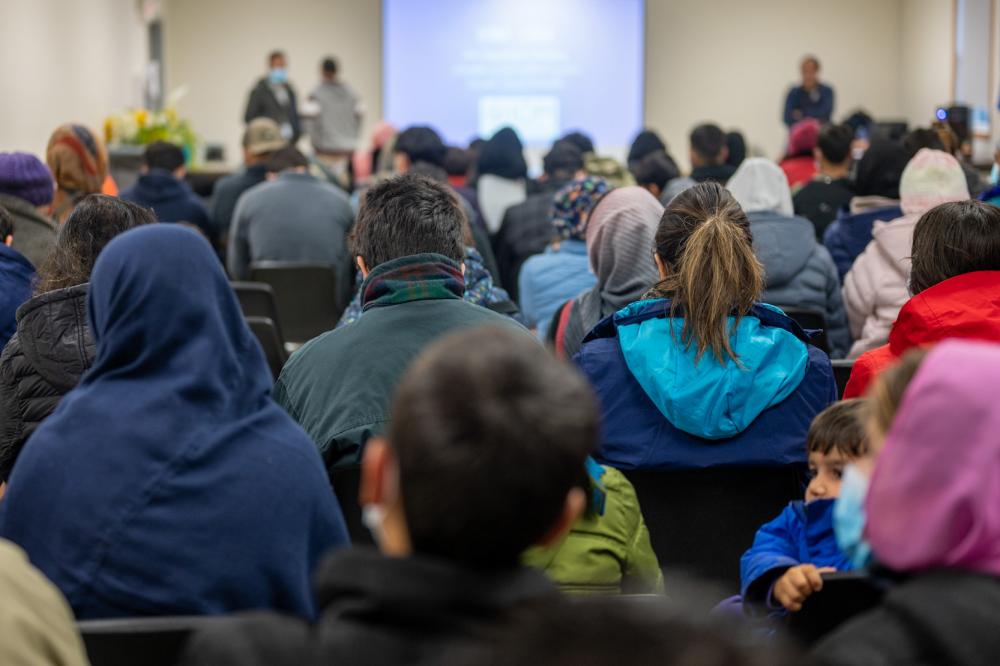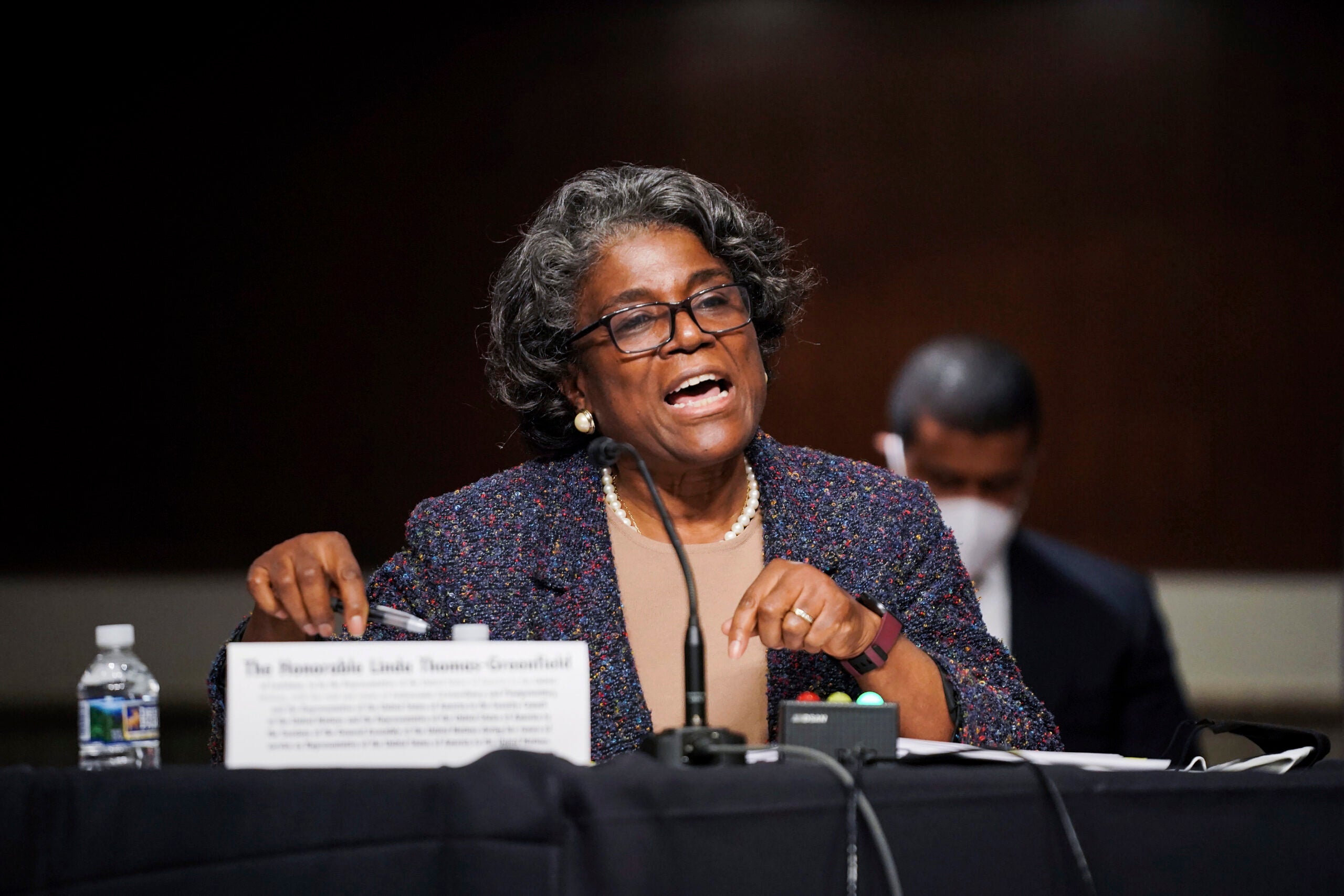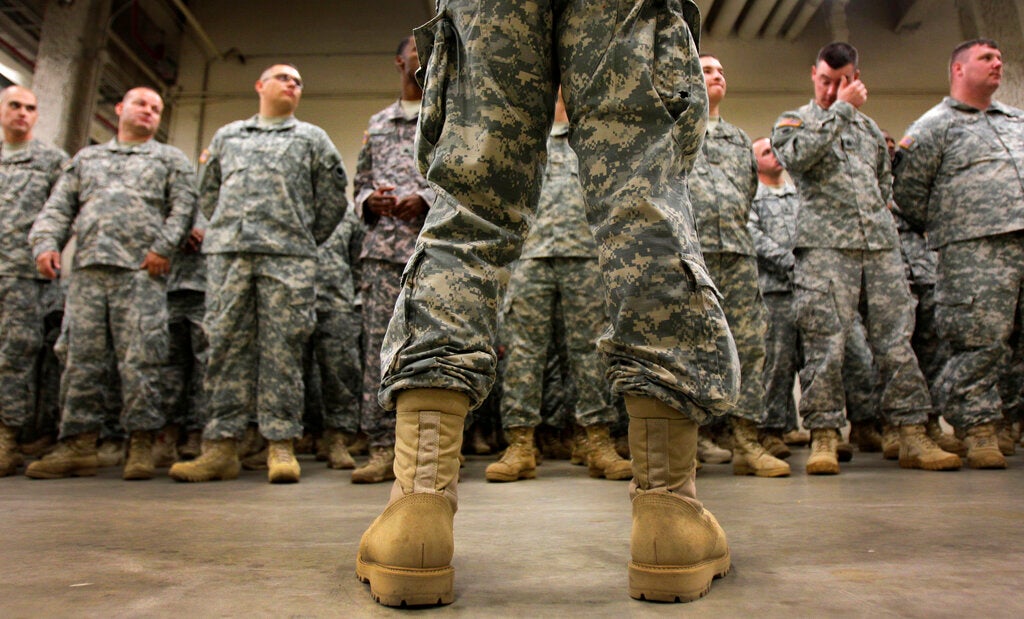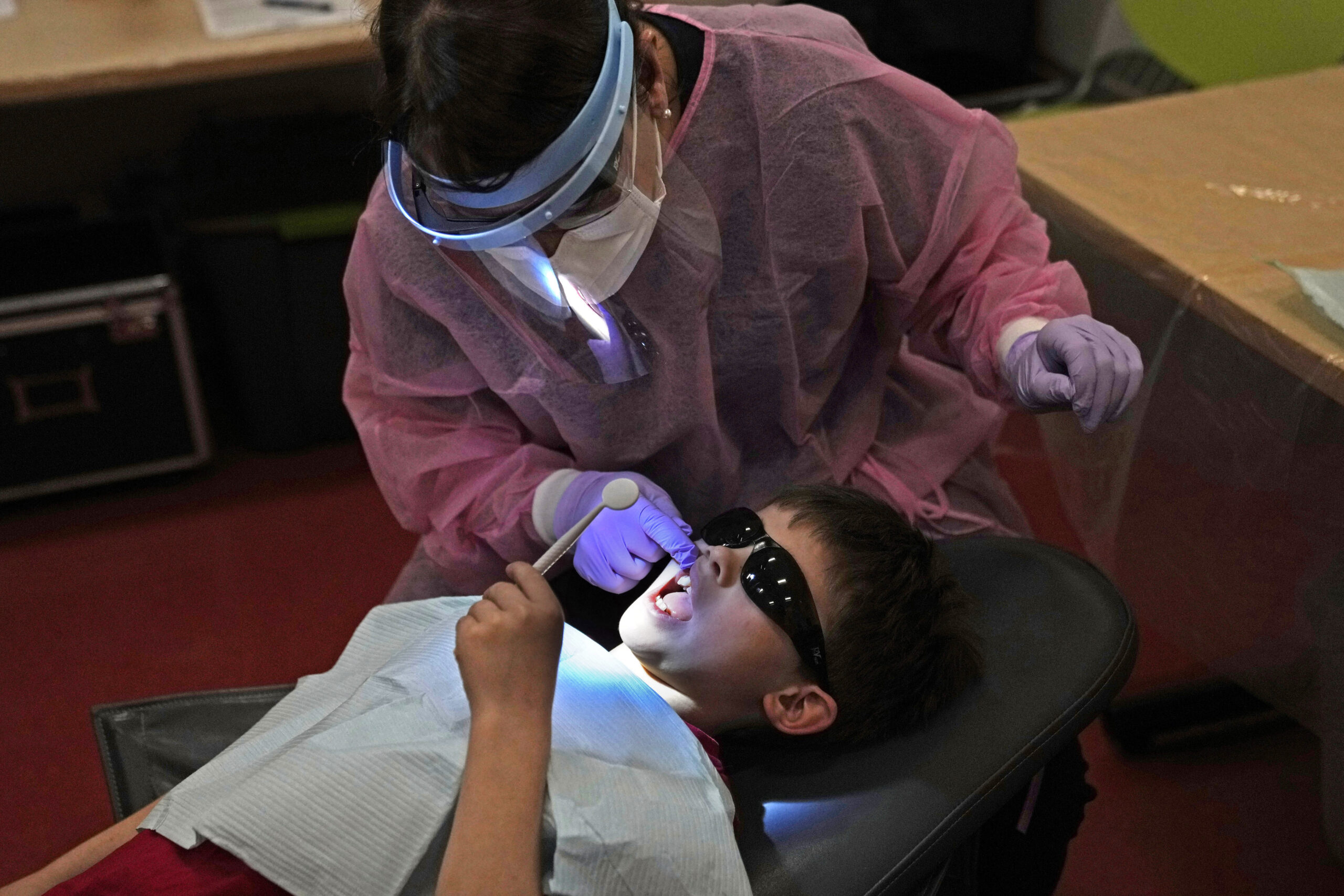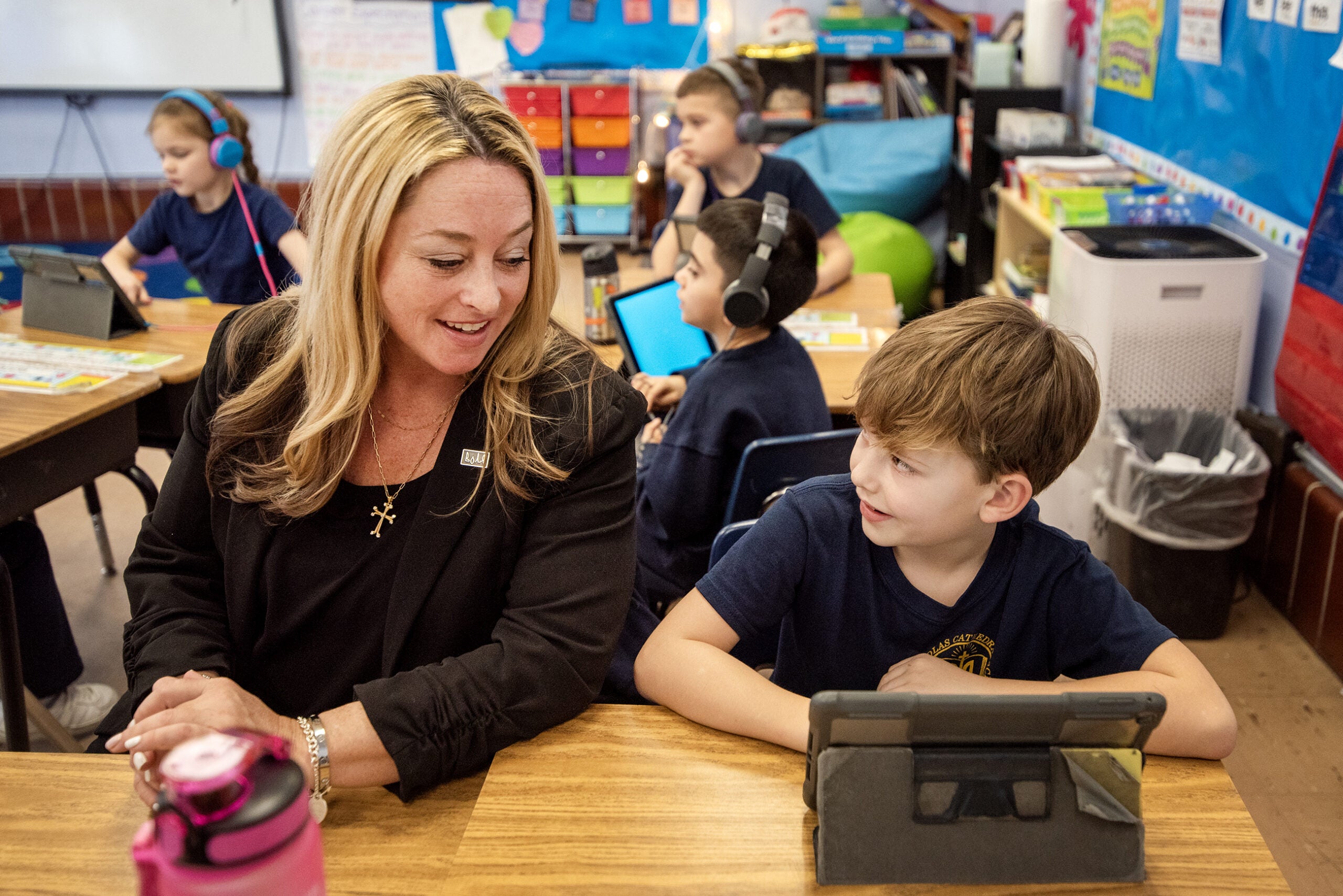On Aug. 21, 2021, Najib Azad, his wife and their four children fled Afghanistan as American military forces withdrew from the country and the Taliban regained power.
Today, the family is living in Stevens Point as part of a refugee resettlement program, and Azad, a former press secretary in the Afghan government, is teaching global affairs at the University of Wisconsin-Stevens Point.
Azad recently appeared on WPR’s “The Morning Show” to discuss his journey to Wisconsin and the challenges that refugees face.
Stay informed on the latest news
Sign up for WPR’s email newsletter.
“I will never be the same person and even my children will not be the same,” he said.
The following was edited for clarity and brevity.
Kate Archer Kent: You’re a visiting lecturer at UW-Stevens Point. What are you teaching students?
Najib Azad: I’ve been teaching at UW-Stevens Point since March 20, 2023. I am teaching global affairs, especially in the part of the world that most Americans and American students are not familiar with — the Middle East, Asia, Central Asia, the Ukraine and Russian conflict, now Palestine and Israel.
KAK: Do the conflicts interconnect in some way?
NA: I believe they’re all interconnected. We have an oil issue and a water issue that controls those roads. We have Iran, China, Russia — regional powers. On the other side, the United States with its allies in Europe and NATO. All these conflicts, unfortunately, are fought on somebody else’s soil. But the war is between the big international and regional powers.
KAK: How do you feel about your family’s new life in Stevens Point?
NA: There have been challenges. There have been difficulties. But at the end of the day, what we went through, and where we came from, and how we came and made it to Wisconsin’s Stevens Point, was a relief. The post-trauma phase of our life.
It’s been a year and a half now living in Stevens Point. I think we are getting well settled now.
KAK: How long was your family in America before settling in Wisconsin?
NA: We left our country on August 21, 2021. Then, it took us four days to make it to Qatar. Then we went to Germany where we lived for about three months, where we lived a life like prisoners. Even prisoners have some privileges and benefits that we were not even allowed to have — nail clippers for three months.
You’re not allowed to have a trimmer to trim your beard. We weren’t allowed to have razors. We were given the same food — boiled chicken — twice a day. Then in October 2021, we made it to the United States and we were taken to Virginia, where we had to stay for three more months. Then in January 2022, we were sent to Wisconsin.
We didn’t really feel that we were in the United States. Since day one in the Kabul International Airport, it was the Afghan refugees and the American forces. Then the same thing in (the) Middle East. Outside the military base, the time that we started feeling or observing or believing that we were in the United States was January 2022 and that was in Wisconsin.
KAK: How were your first three months in Wisconsin?
NA: Our American nation is the nation of immigrants. Everyone is an immigrant or everyone has a background of immigration. However, there were only nine national resettlement agencies in the United States. Then suddenly, after the collapse of the Afghan regime, 90,000 to 100,000 Afghans were evacuated in less than 15 days and then in less than three months to the United States. But the number of resettlement agencies remained the same.
Within a few weeks, they were overwhelmed with people with a completely different culture, tradition and norms. The resettlement agencies were awarded money for their staff and salaries. Most of the resettlement agencies found volunteers. People have been very kind and helpful everywhere, not only in Wisconsin. But the volunteers were not trained to work with the immigrants as refugees or evacuees or asylees. They would wait to be told or asked for assistance.
KAK: How does your family’s past experiences influence who you are now?
NA: Unfortunately, I’m the third generation in my family, and my children are the fourth generation in my family to have been refugees. My grandpa was forced to leave his country by the Russians when they attacked Afghanistan. Then, my dad was forced to leave his country to Pakistan during a civil war.
Of course I was only 9. I had to leave my classmates, my school, my friends, and everything that I was attached to. The same thing happened to my son, who was 9 at the time when we left the country. I will never be the same person and even my children will not be the same, especially my elder son, who is 11 now.
There was an attachment. We left our loved ones. I left my parents and my siblings behind. I worked as a press secretary for the former Afghan president. I had to be on television every other day, and the Taliban, they knew me pretty well. Because of my parents and siblings’ association with me, they have been cautious. They are still being tortured, and they are being arrested.
This experience of being a refugee forever, it’s painful. It’s really painful. Being a refugee is never a choice. Being an immigrant is never a choice.
Wisconsin Public Radio, © Copyright 2025, Board of Regents of the University of Wisconsin System and Wisconsin Educational Communications Board.
